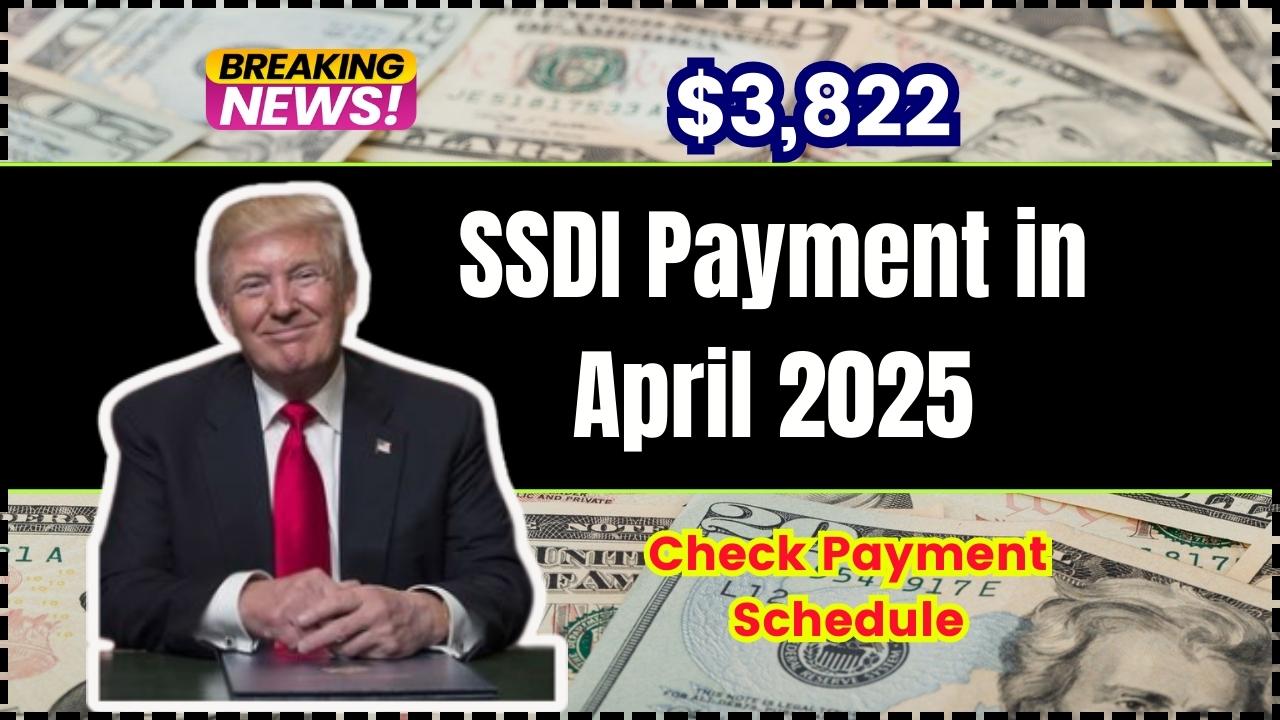
£1,900 Pension Boost Incoming: In a welcome move for millions of UK retirees, the government has confirmed that the State Pension triple lock will remain in place. This policy guarantees that pensions rise each year by the highest of inflation, average wage growth, or 2.5%, protecting pensioners’ income from economic fluctuations. Thanks to this commitment, pensioners could see their annual State Pension increase by up to £1,900 over the current parliamentary term. This article explains what this means for you, who is eligible, and how to make the most of your pension in 2025 and beyond.
£1,900 Pension Boost Incoming
The government’s renewed commitment to the triple lock is excellent news for current and future pensioners. With the potential of up to £1,900 in extra income, it’s never been more important to understand how the system works and ensure you’re receiving your full entitlement.
Whether you’re decades away from retirement or already drawing your pension, there are practical steps you can take to check your eligibility, maximize your payments, and plan for tax implications. Don’t miss out—check your forecast, explore Pension Credit, and speak to a pension advisor if you’re unsure about your options.
| Feature | Details |
|---|---|
| Triple Lock Mechanism | Annual State Pension rises by the highest of inflation, wage growth, or 2.5% |
| 2025/26 Pension Increase | 4.1% rise: New State Pension = £230.25/week; Basic = £176.45/week |
| Total Boost Over Parliament | Up to £1,900 cumulative increase |
| Eligibility | 10+ qualifying years of National Insurance contributions |
| Full New State Pension | Requires 35 qualifying years |
| Where to Check Your Pension | GOV.UK State Pension Forecast |
| Potential Tax Impact | Full pension now close to income tax threshold |
What Is the State Pension Triple Lock?
Introduced in 2010, the triple lock ensures the UK State Pension keeps pace with the cost of living. Every April, pensions increase by whichever is highest out of:
- Consumer Prices Index (CPI) inflation (as of the previous September)
- Average earnings growth (from May to July the year before)
- 2.5% guaranteed minimum
For 2025/26, average earnings rose by 4.1%, triggering a 4.1% pension increase.
What Are the New State Pension Rates?
Following the 4.1% rise for 2025/26:
- New State Pension: £230.25 per week, or £11,973 per year
- Basic State Pension: £176.45 per week, or £9,175.40 per year
These increases are in line with the triple lock and represent a significant uplift from previous years. The estimated £1,900 total increase over this Parliament could be life-changing for many.
Who Is Eligible for the State Pension?
To receive the UK State Pension, you must have at least 10 qualifying years of National Insurance (NI) contributions. These don’t have to be consecutive.
To receive the full new State Pension, you need:
- 35 qualifying years of NI contributions or credits (post-April 6, 2016)
- Or 30 years for the full basic State Pension (if you reached retirement age before April 6, 2016)
Qualifying years can be gained through:
- Employment
- Self-employment
- Claiming certain benefits (e.g., Jobseeker’s Allowance, Carer’s Allowance)
- Childcare credits
- Voluntary NI contributions
How to Maximise £1,900 Pension Boost Incoming?
1. Fill Gaps in Your NI Record
If your NI record has gaps, you can pay voluntary Class 3 NI contributions. Normally, you can backdate up to six years. But until April 5, 2025, you can backfill gaps as far back as 2006, offering a rare opportunity to boost your future pension income.
2. Defer Your Pension
Delaying your claim can increase your weekly State Pension. For every 9 weeks you defer, your pension grows by 1%—that’s 5.8% per year. This is particularly useful if you’re still working or don’t need the pension immediately.
Will You Be Taxed on the Increased Pension?
The personal tax-free allowance is currently £12,570 and is frozen until 2028. The full New State Pension now pays £11,973 per year, meaning pensioners with additional income (e.g., private pensions, savings interest) could exceed the threshold and become liable for income tax.
For tax planning, consider:
- Claiming Marriage Allowance if eligible
- Using ISAs to reduce taxable savings interest
- Consulting a financial advisor for tax-efficient retirement strategies
Claim Pension Credit If You’re On a Low Income
If you’re retired and living on a low income, you may be entitled to Pension Credit, a top-up benefit that ensures you receive a minimum income. It’s worth an average of £3,900 per year, and also provides access to:
- Free TV licence (if over 75)
- Help with council tax and heating bills
- Free NHS dental treatment
£549 Weekly State Pension Released by DWP – Check Eligibility & Payment Date
UK Pensioners Could Get £434 a Month – Check DWP’s New Support Plan!
DWP Announces Increased PIP & DLA Payments for April 2025 – Check Eligibility and Dates
Frequently Asked Questions (FAQs)
1. What is the triple lock and why does it matter?
The triple lock protects pensions against inflation by ensuring they rise each year by the highest of inflation, average wage growth, or 2.5%. It ensures pensioners’ incomes aren’t eroded by rising living costs.
2. When does the pension increase take effect?
The annual increase takes effect in April each year. The next rise (4.1%) began in April 2025.
3. Will my private pension increase with the triple lock?
No. The triple lock applies only to the State Pension. Private pensions and workplace schemes are separate and follow their own rules.
4. What if I live abroad?
You’ll receive the State Pension overseas, but whether it increases depends on where you live. It continues to rise only if you’re in a country with a reciprocal agreement with the UK (like the EU or USA).
5. How do I claim the State Pension?
You won’t receive it automatically. You must apply online, by phone, or by post.






